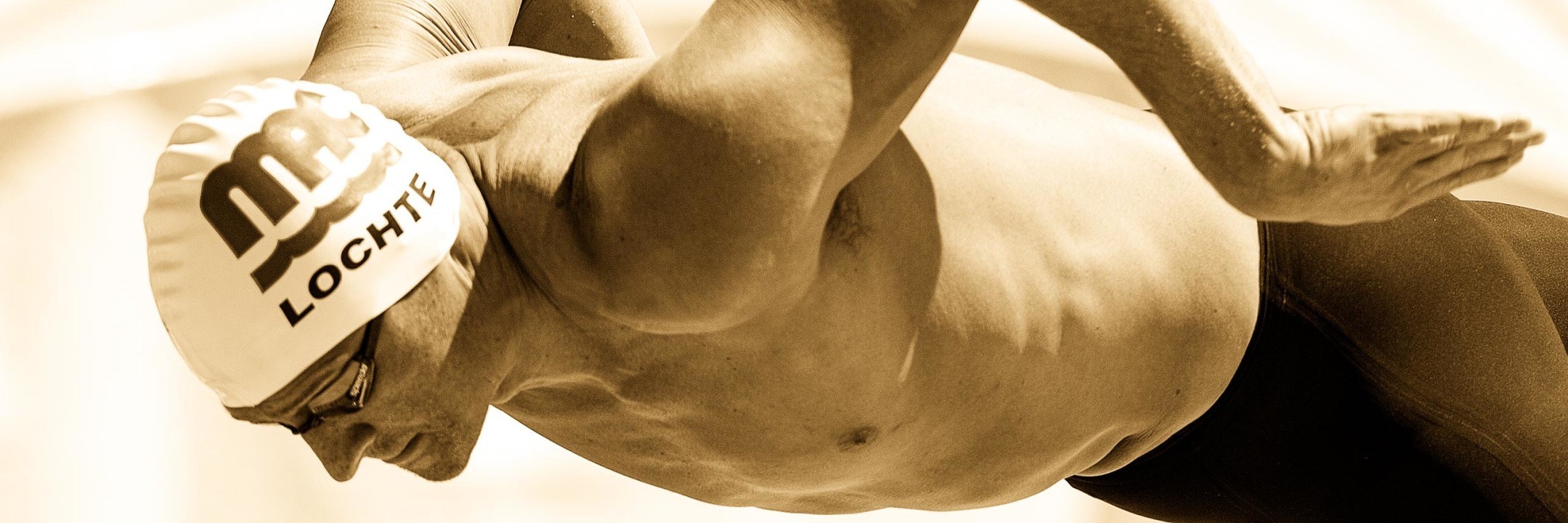by Olivier Poirier-Leroy — join his weekly motivational newsletter for swimmers by clicking here.
What is your first reaction when you don’t achieve the things you set out to do?
If you are like most swimmers, it lands somewhere among the following:
- You decry the goal setting process as broken. Setting goals didn’t work this time so clearly there is something wrong with the concept. Goals suck.
- You obviously weren’t motivated or inspired enough. Time to redouble things in the motivation department.
- You figure that you didn’t set good enough goals. Moving forward you will reboot your goals and promise that you will do what is necessary to achieve ’em
- Somebody is gonna get it. You’re not sure who, or what, but this goal setting malfunction is somebody’s doing, and they are in for it. Big time.
The problem with the goals that many of us set for ourselves in the pool (and don’t fret, we are not alone by a long shot—only a fraction of Americans will actually stick to the resolutions they create this year) is that we focus exclusively on the plan and the vision of what we want to achieve, and completely bypass the things that are keeping us from achieving them in the first place.
In other words, instead of focusing on dumping more energy into creating better goals, more motivation, and a better plan, start by removing the resistance:
- If you know that you need to get to bed early tonight, what are the things that keep holding you back from doing so?
- If you know that you need to be more consistent in practice, what is holding you back from doing so?
- If you know that you need to eat better to kickstart your recovery after tough workouts, what is keeping you from doing so?
Often times we get so caught up in trying to think about why we should do something (and then try to heap more, more, more focus on attention on the things we want to be doing), that we forget to put emphasis on what is keeping us from doing it.
Here is an easy way to attack the resistance that has worked for me in the past not only in the pool, but with school and even work:
Creating a “To Don’t” List
Consider your goals in the context of a to-do and a to-don’t list. On one side you have things you want to achieve that will give you the best possible chance at success (to-do), and on the other are the behaviors that are acting in complete opposite to your goals (to don’t).
Most athletes stop at creating the to-do list, not considering the habits and things they are currently doing that act in complete disagreement with what they want to achieve.
Here are a couple examples:
Goal (To Do) To Don’t
Get to bed early. No TV past 9:30.
Perform consistently during practice. Drop negative self-talk on myself during hard sets.
Eat better. No junk food on weekdays.
The concept is simple, but powerful. Very often there are just 1-2 things you need to place on your to-don’t list that will greatly decrease the amount of resistance you are experiencing. Figure out what they are, and shame them on your own little list.
Give it a try and let me know how it works for you in the comments below.
About YourSwimBook
 YourSwimBook is a log book and goal setting guide designed specifically for competitive swimmers. It includes a ten month log book, comprehensive goal setting section, monthly evaluations to be filled out with your coach, and more. Learn 8 more reasons why this tool kicks butt.
YourSwimBook is a log book and goal setting guide designed specifically for competitive swimmers. It includes a ten month log book, comprehensive goal setting section, monthly evaluations to be filled out with your coach, and more. Learn 8 more reasons why this tool kicks butt.
Team and group discounts are available for clubs. Fill out a request for a complimentary estimate by clicking here.
Join the YourSwimBook weekly newsletter group and get motivational tips and more straight to your inbox. Sign up here.
